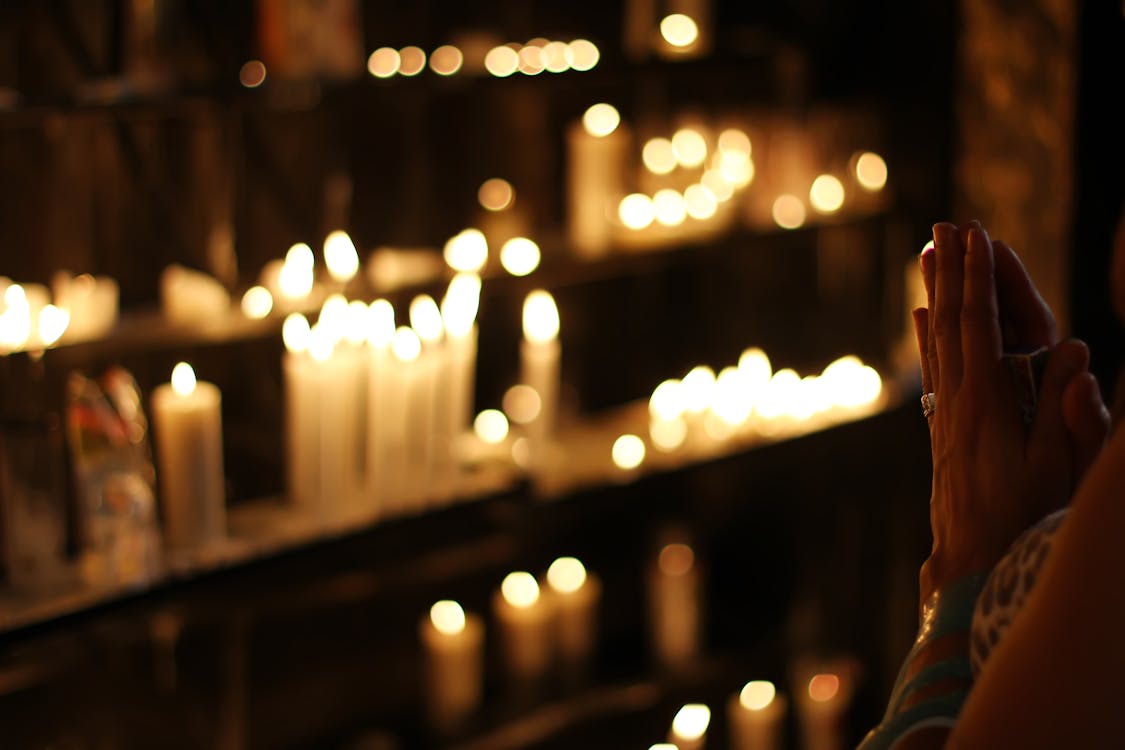The Role of Rituals in Religion: Practices and Symbolism Across Cultures
Rituals are a fundamental aspect of religious practices worldwide, serving as tangible expressions of faith, cultural identity, and community cohesion. They encompass a wide range of activities, from daily prayers to elaborate ceremonies, each rich with symbolism and tradition. This article explores the role of rituals in religion, highlighting practices and symbolism across various cultures.

Understanding Rituals in Religion
Definition and Purpose
Rituals are prescribed actions performed in a specific manner, often within a religious context. They aim to connect the individual or community with the divine, mark significant life events, or adhere to the commandments of a faith. These practices can foster a sense of belonging and continuity, linking past, present, and future generations.
Symbolism in Rituals
Symbolism plays a crucial role in religious rituals, imbuing them with deeper meaning. Objects, gestures, and words used in rituals often represent larger concepts or beliefs. For example, the Christian Eucharist symbolizes the body and blood of Christ, while in Hinduism, the act of lighting a lamp represents the dispelling of ignorance and the embrace of knowledge.
Rituals Across Different Religions
Christianity

In Christianity, rituals such as baptism, communion, and the observance of holy days are central. Baptism signifies purification and admission into the Christian community, while communion (or the Eucharist) commemorates Jesus' Last Supper. These rituals are laden with symbolism, reinforcing key tenets of the faith and providing a tangible link to the life of Jesus Christ.
Islam

Islamic rituals are deeply rooted in the Five Pillars of Islam, which include daily prayers (Salah), fasting during Ramadan (Sawm), and the pilgrimage to Mecca (Hajj). Each of these practices is not only an act of worship but also a demonstration of unity and obedience to Allah. The Hajj, for instance, is a powerful symbol of Muslim unity and equality, drawing millions of believers to perform a series of specific rites in Mecca.
Hinduism

Hindu rituals vary widely but often involve offerings (Puja), recitations of scriptures, and various rites of passage. Puja, performed at home or in temples, involves offering food, flowers, and prayers to deities. These rituals symbolize devotion, gratitude, and the cyclical nature of life. The Upanayana, or sacred thread ceremony, marks the coming-of-age for Hindu boys, symbolizing their readiness to take on religious responsibilities.
Buddhism

Buddhist rituals often focus on meditation, chanting, and offerings to Buddha. These practices aim to cultivate mindfulness, compassion, and a deeper understanding of the Dharma (Buddhist teachings). Rituals such as the Vesak festival, which celebrates Buddha’s birth, enlightenment, and death, are filled with symbolic acts like bathing statues of Buddha, symbolizing purification and renewal.
Indigenous Religions
Indigenous religious rituals are closely tied to nature and ancestral traditions. For example, Native American rituals often include drumming, dancing, and the use of sacred plants like tobacco. These rituals serve to honor the earth, seek guidance from ancestors, and maintain the balance between the physical and spiritual worlds.
The Social and Psychological Impact of Rituals
Community Cohesion
Rituals play a vital role in fostering community cohesion. They provide a shared experience that reinforces collective identity and strengthens bonds among members. Festivals, communal prayers, and other group rituals create a sense of unity and belonging.
Personal Transformation
On a personal level, rituals can mark significant life transitions, such as birth, marriage, and death. They offer individuals a framework for understanding and coping with these changes, providing comfort and continuity. Rituals also promote personal reflection and spiritual growth, encouraging adherents to live in accordance with their faith’s principles.
Psychological Benefits
Engaging in religious rituals can have profound psychological benefits. They can reduce anxiety, provide a sense of control, and enhance well-being by fostering a connection with the divine and the community. The repetitive nature of rituals can also be soothing, providing a predictable and stable structure in the midst of life's uncertainties.
Conclusion

Rituals are an integral part of religious life, embodying the beliefs, values, and traditions of a faith. Through their symbolism and practice, they connect individuals to their spirituality, community, and cultural heritage. Understanding the diverse practices and meanings of rituals across religions can foster greater appreciation and respect for the rich tapestry of human spirituality.
By delving into the rituals of different cultures, we gain insight into the universal human quest for meaning, connection, and transcendence. Whether through the solemnity of a Christian baptism, the unity of a Muslim pilgrimage, or the reverence of a Hindu Puja, rituals continue to shape and enrich the lives of believers around the world.
References:
"The Role of Ritual in Religion," Encyclopedia Britannica
"The Importance of Rituals in Religious Practice," Psychology Today
"Symbolism and Rituals in Different Religions," World Religions Today

 Cricket Score Counter
Cricket Score Counter Heads or Tails
Heads or Tails
You have not logged in, please Login to comment.